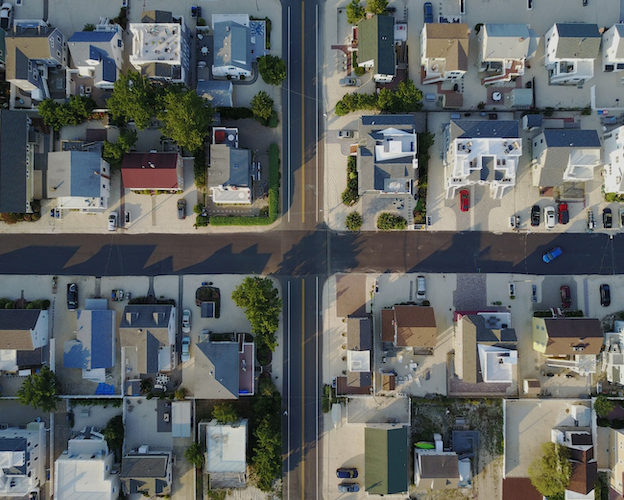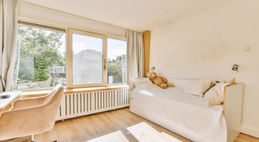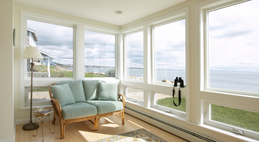In particular we focus on getting the loan structure right the first time, choosing which lenders to use in the right order (yes this is important) and finally getting our clients the best deal possible.
Top 5 things to avoid when choosing an investment property
Buying off the Plan - Risk vs Reward
Buying off the plan is a high risk investment. When agreeing to a buy now, pay later contract the inherent risk is that you won’t get what you paid for. Developers will use incentives like free holidays or even free cars to try and sell the plan; however this is usually absorbed into the purchase price. New properties don’t seem to achieve the same capital growth as older established dwellings with proven track records. This is partly due to the flooded supply of new apartments increasing every year. Around 25,000 new apartments will be hitting the market within the next 12 months that will be in direct competition to your new apartment.
Focusing on tax benefits
Purchasing a property with anything but capital growth in mind is a big mistake when it comes to investment. While certain tax benefits can be good, the idea is that the value of the property increases to outweigh the overall loss incremented by investment related expenses. Therefore if you purchase a property without capital growth in mind, you can find yourself losing allot of money.Focusing on high yields and not on capital growth
Hence, while buying in single industry towns can be done successfully perfect ‘market timing’ and strategy is needed and for many the risk is just too high.
Not choosing the right property type
The best investment property is a residential, single-family dwelling. These type of homes tend to attract long-term term tenants such as families and couples. These tenants are more likely to be financially stable and regularly pay the rent. This is therefore a low-cost property type both for the investor and the bank.
Not Factoring in all of the Costs
Even those who choose to purchase an investment property for capital appreciation rather than cash flow will need to plan for curveballs. A sudden decline in property prices could cause you to lose money if you are forced to sell. Think about whether or not you can afford to hold onto the property for an extended time period if necessary.
Recent Posts
- The “Housing Crisis” and Capital Gains Tax (CGT) changes? Thoughts…
- Is now the time to access equity? APRA changes coming + Interest rate outlook
- Government Guarantee Scheme – an update on the changes from 1st October 2025
- Limited Deposit and don’t qualify for the government guarantee scheme? Up to 100% LVR loans available
- Government grants and schemes - to help you into the market
- Is Darwin property about to go Boom?
- Comparing interest rates (Western Democracies)
- Stage 3 Tax cuts - how will it effect your borrowing capacity?
- Property Share Loan Structure
- SMSF Property Investing & Lending - Back on the agenda
































